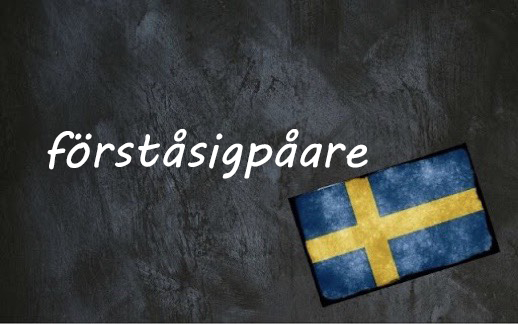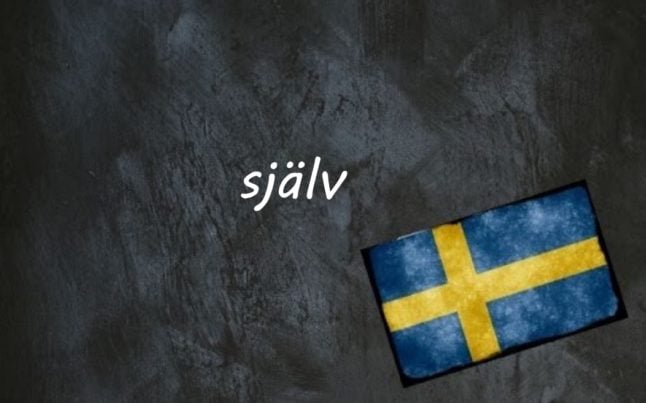According to svenska.se, a förståsigpåare is ‘a person who is well versed in something and likes to let others know this’ or ‘a person who knows something (whatever it is at the moment), connoisseur,; expert, professional, expert; also: person who imagines that this knowledge applies to understanding everything.’
Förståsigpåare has been traced back to 1798 in writing, but could be older. The word is actually three words turned into a noun. Normally turning a verb or an adjective into a noun is what is called a ‘nominalization’. In this case it is three words förstå (‘to understand’), sig (‘reflexive pronoun’), and på (‘on’): a verb, a reflexive pronoun, and a preposition.
The original phrase, still in use today, is att förstå sig på något. Just like Förståsigpåare, this is a common way of saying that someone knows how something works or to have knowledge of something.
Förståsigpåare is often used ironically, in which case it applies to people who are know-it-alls, and in this sense, there’s also a noun for the phenomenon itself: förståsigpåeri. One can then deplore the widespread phenomenon of förståsigpåeri, where people pretend to know a whole lot about things of which they really do not know much at all.
But the word is not always used ironically or in a derogatory sense, it can also simply mean a pundit, or an expert. So you can often see a förståsigpåare on television explaining a certain something, like the American electoral college or the delicacies of the Balkans, or just explaining the tactics of a football game. In other words anyone sharing knowledge of a particular something, or who can explain something, can be a förståsigpåare.
Example sentences:
Den där, han är en riktig förståsigpåare.
That one, he’s a real know-it-all.
För att förklara hur elektorskollegiet fungerar så har vi amerikanske förståsigpåaren Marcus Smith.
To explain how the electoral college works we have the American pundit Marcus Smith.
Villa, Volvo, Vovve: The Local’s Word Guide to Swedish Life, written by The Local’s journalists, is now available to order. Head to lysforlag.com/vvv to read more about it. It is also possible to buy your copy from Amazon US, Amazon UK, Bokus or Adlibris.



 Please whitelist us to continue reading.
Please whitelist us to continue reading.
Member comments